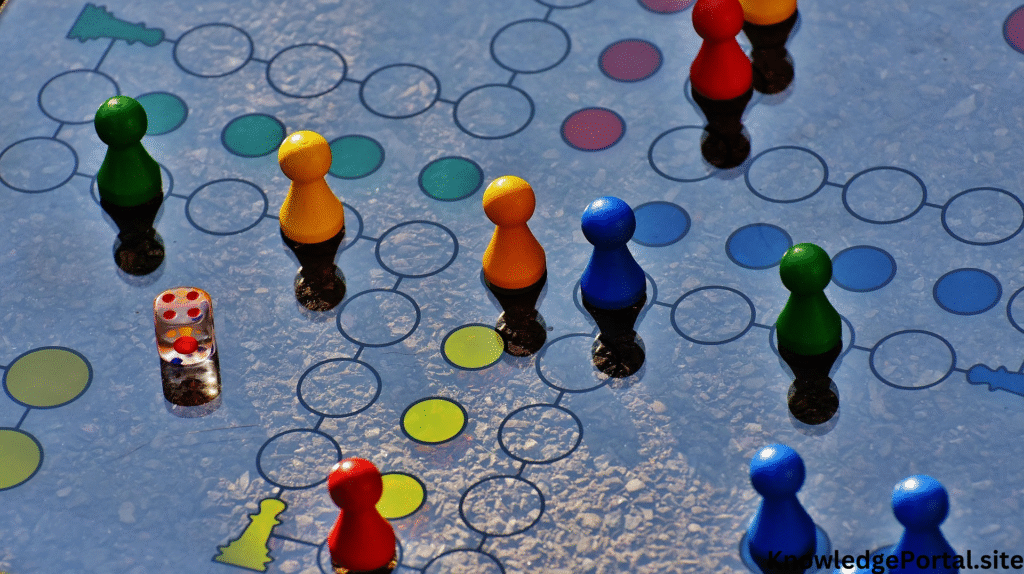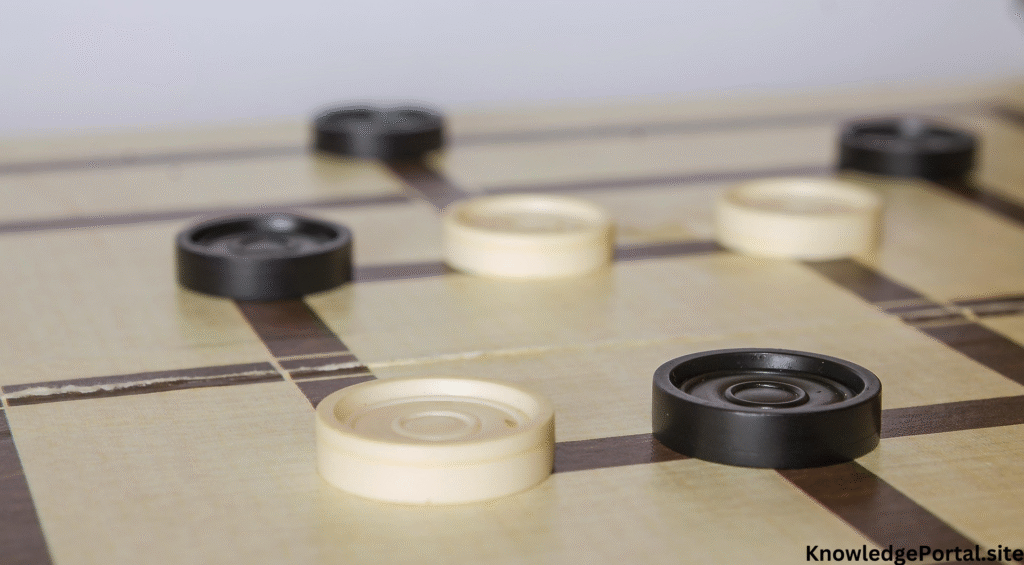For good reason, educational board games are growingly common in homes, classrooms, and treatment environments. Combining education with enjoyment, they are a great tool for cognitive growth, social skills, and academic reinforcement. Whether your role is that of a teacher searching for interesting classroom tools or a parent wishing to enhance the learning environment, instructional board games provide the ideal mix of entertainment and information.
We will discuss the advantages of educational board games, top models by age group, how to select the finest ones, and their expanding influence on both kid and adult learning in this extensive guide.
Educational board games are what?
Designed to keep the players interested, educational board games are tabletop games especially meant to teach particular courses or abilities. Early reading and numeracy tools for toddlers to sophisticated strategy games enhancing logic, memory, and decision-making for older children and adults span these games.
Unlike conventional classroom environments, educational games employ gamified learning to make subjects more interesting, which usually yields improved retention and comprehension of ideas.
Advantages of Educational Board Games 1. Improve Problem Solving and Critical Thought
Many times, board games demand players to strategise, evaluate alternatives, and think several moves ahead. This sharpens intellectual abilities and logical sense.
2. Encourage Social Participation
Many instructional board games use communication, negotiation, and teamwork and are multiplayer. This develops critical social skills including empathy, turn-taking, and patience.
3. Increase Cognitive Skills and Memory
Games including memory challenges, matching, sequencing, or pattern recognition assist improve cognitive skills and attention spans.
4. raise academic performance
By augmenting school curricula in an engaging manner, games that emphasise maths, language, science, or geography can help to improve academic performance.
5. Advance Emotional Growth
The game consists on winning and losing as well. Teaching resilience, sportsmanship, and constructive handling of frustration, educational board games help
Popular Categories of Instructional Board Games
1. STEM-Based Board Games
STEM (science, technology, engineering, and math) board games are meant to inspire technical topic competency and interest.
Examples:
Robot Turtles: Children’s coded logic for robotics
Basic Electrical Engineering Concepts: Circuit Maze
Prime Climb: Mathematical and mathematical ability
2. Languages and Literacy Games
Early and elementary education absolutely depends on games that strengthen vocabulary, spelling, reading comprehension, and communication.
As an illustration,
Scrabble, with regard to spelling and vocabulary,
Zingo! ( early reading)
bananagrams, or word-building
3. Geographic Games and History
Using interactive storytelling and map-based gameplay, these games teach players about several civilisations, nations, and historical events.
Illustrations:
Ticket to Ride: geography and approach
Timeline (sequential arrangement of historical events)
Where in the Earth? (global topography)
4. Games with Financial Literacy
These simplify and interestingly educate ideas in investing, saving, and budgeting.
Variables:
The Challenge of Life
Monopoly:
Pay Date
5. Social-Emotional Learning Games
Particularly for younger players, games stressing emotional intelligence, self-regulation, and interpersonal skills are absolutely vital.
Examples include:
The Empathy Match
Emotions in Flash
Inside Out: Game Designed Using Thought Bubbles
Educational Games Based on Age Groups
Toddler Educational Board Games: Ages 2–4
Emphasise for this age group games teaching fundamental colours, shapes, matching, and motor skills.
Top Choices:
First Orchard
Candy Land
snail’s pace race
Children’s Educational Board Games: Ages Five to Ten
Games reinforcing arithmetic, reading, science, and cooperative play help school-age children.
Top choices:
Swamp Sum
Make an educated guess about who
OutFoxed!
Educational Board Games for Ages 11–17, Tweens and Teens
Best for this group are games that support strategy, logic, and subject-specific learning.
Top Choice:
Caten
Names for codes
Progression
Educational Games for Adults on Boards
Indeed, adults also stand to gain. Strategy games, trivia, and brain-training apps keep the mind active and sharp.
Top picks:
Trivial Pursue
epidemic
span of wings
How One Should Select the Greatest Learning Board Game
1. Match the degree of skill and age.
Review the age recommended always and take player abilities into account. Either too simple or too difficult games might cause irritation or boredom.
2. Name Learning Objectives
Select games corresponding to the topic or ability you wish to reinforce—math, language, social-emotional abilities, etc.
3. Examine the Player Count.
While some games are meant for groups or schools, others are better suited for lone activity.
4. Learning Balance Through Fun
If a game isn’t fun, even the most instructive one won’t be successful. Look for fun mixed with education.
5. Search for repeat value and quality.
Durability and game depth count. High replay value guarantees ongoing learning throughout time and constant involvement.
Digital age educational board games
While apps and other learning tools have exploded, actual board games still have special advantages and appeal. Many contemporary board games, nevertheless, now feature app-based friends that improve gameplay without substituting tactile touch.
Players of hybrid board games have the best of both worlds with dynamic content updates, sound effects, and interactive learning.
Last Thoughts
More than just a means of entertainment, educational board games are a great tool in sharpening important academic and life skills, social connection, and mental development. Their advantages go much beyond entertainment whether they are utilised in therapeutic sessions, at home, in classrooms.
The demand for excellent, interesting board games supporting learning will only rise as the market for educational materials keeps expanding. Including the appropriate board games into your classroom can help to make learning an adventure players of all ages will eagerly await every time the box is opened.